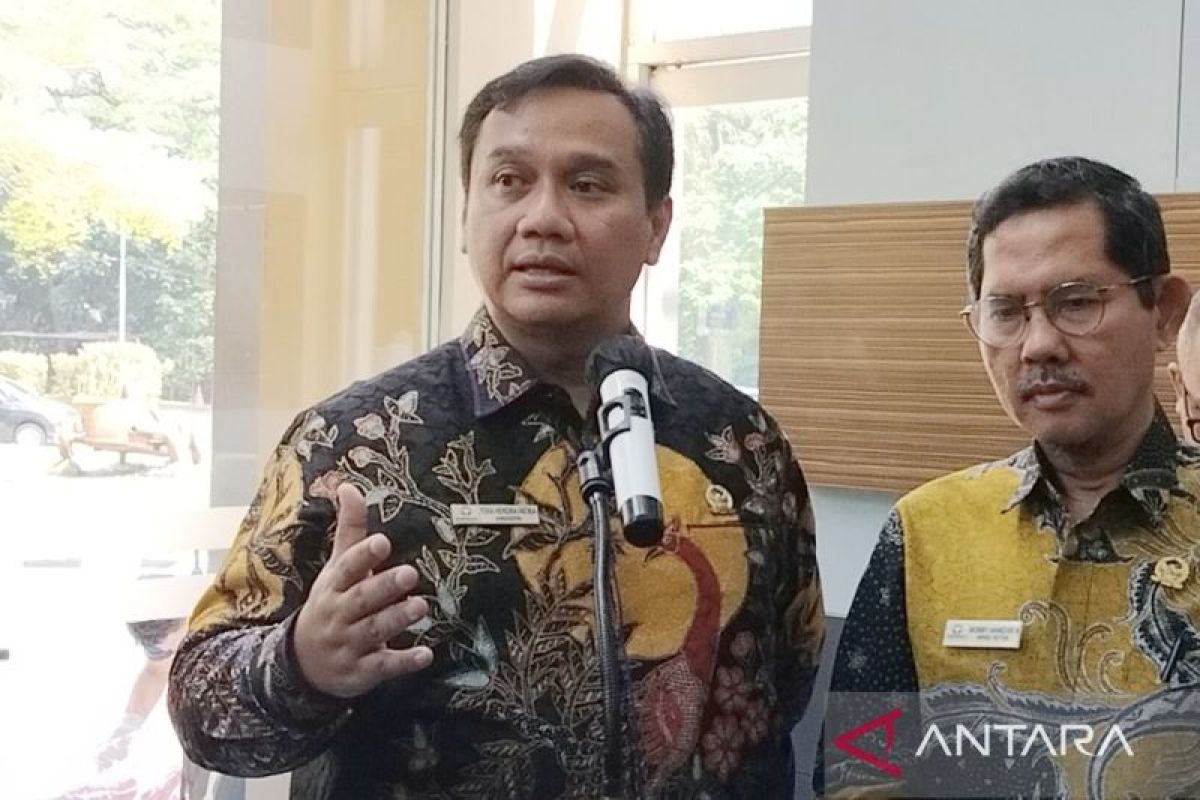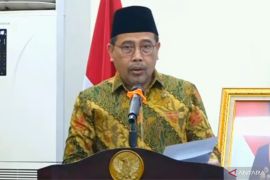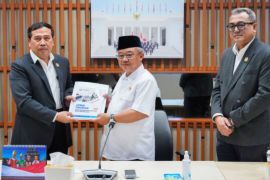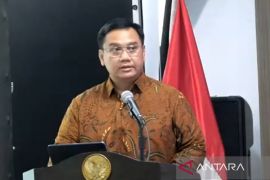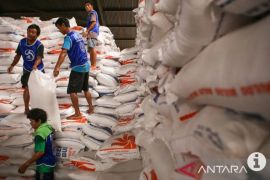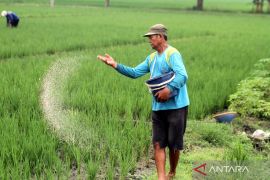The request was conveyed by a member of the Indonesian Ombudsman, Yeka Hendra Fatika, at the "Subsidized Fertilizer Policy Transformation" workshop held here on Friday.
He said that the results of various research have shown that El Nino can decrease food production and increase food prices, which can result in a rise in inflation and a decline in the gross domestic product (GDP).
According to Fatika, increasing the quota of subsidized fertilizers, a move that involves the Ministry of Agriculture and state-owned fertilizer holding firm PT Pupuk Indonesia, is aimed at increasing the productivity of food agriculture in the country.
"Thus, increasing the quota of subsidized fertilizers can be considered to be one of the options," he remarked.
During Friday's event, the Ombudsman member also underlined the connection between the subsidized fertilizer policy and efforts to increase the Government Rice Reserves (CBP).
He explained that subsidized fertilizers play an important role in boosting the productivity of crops, which can then be absorbed by the State Logistics Agency (Bulog) to meet the CBP target nationally.
At the same place, head of the National Food Agency (Bapanas), Arief Prasetyo Adi, said that this year's CBP needs to reach at least 2.4 million tons.
"Based on the President's directive, (he has) asked Bulog to increase the CBP stock that has been secured, namely 1.3 million tons as of August 2, 2023, with a target absorption of 2.4 million tons by the end of 2023," Adi informed.
Related news: Accurate subsidized fertilizer distribution anticipates El Nino: Govt
Related news: President Jokowi sets deadline for improving fertilizer distribution
Related news: Government releases regulation on subsidized fertilizers for farmers
Translator: M Fikri, Raka Adji
Editor: Azis Kurmala
Copyright © ANTARA 2023
